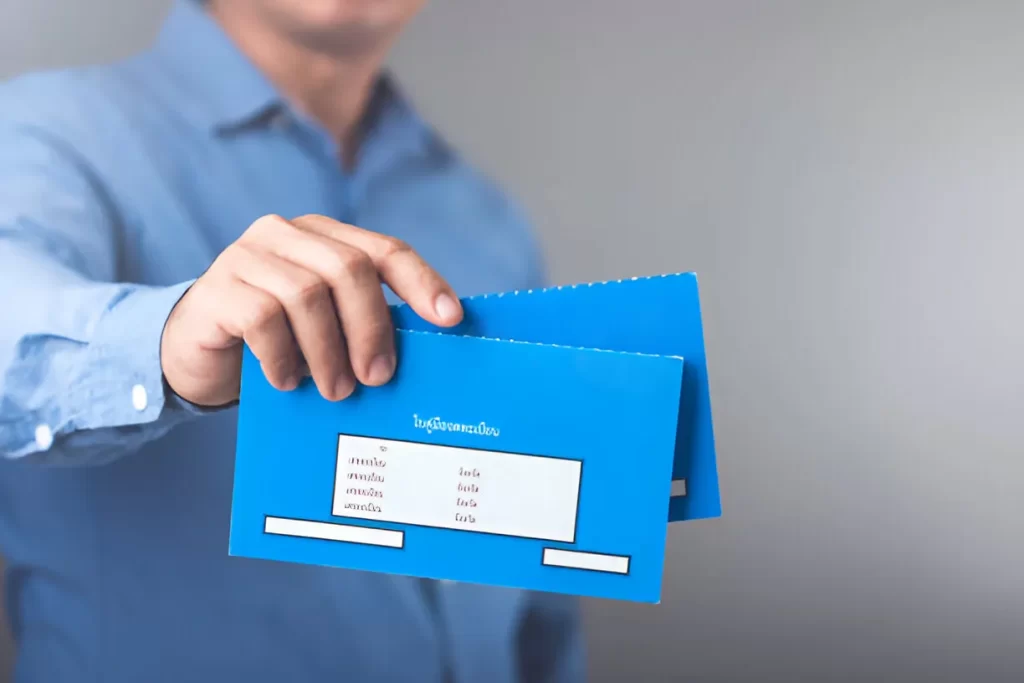Table of Contents
In India’s tech and consulting industry, H1B visas open doors for global careers. But when it comes to applying through a major firm like TCS (Tata Consultancy Services), there’s one question many professionals ask:
“Will TCS give me a client letter for my H1B petition?”
The answer isn’t always straightforward. In this blog, we’ll explore what client letters are, why they matter, and how TCS supports H1B applications—even when a client letter isn’t available.
What Is a Client Letter for H1B?

A client letter is a document issued by the company where you’ll be working in the U.S. It confirms your:
- Job role and duties
- Work location
- Project duration
- Need for specialized knowledge
For people employed by consulting companies like TCS, USCIS wants proof that a valid job exists at the client site. A client letter is one of the strongest ways to provide that proof.
Does TCS Provide Client Letters to Support H1B?
In some cases, yes. In others—no.
TCS may not always provide a client letter directly, especially if the client refuses to issue one. Here’s why:
- Many clients have internal legal policies
- Some avoid giving immigration-related letters
- Others fear liability or confusion over sponsorship
As a result, TCS often relies on alternative documentation to support your H1B petition.
What TCS Provides Instead of a Client Letter?
Even if a client won’t issue a letter, TCS won’t leave you empty-handed. They usually prepare a set of documents to show that your project is real and your role is valid.
These may include:
- Letter of Deputation – TCS confirms your role, location, and duration
- Statement of Work (SOW) – Shows agreement between TCS and the client
- Master Service Agreement (MSA) – Proves the business relationship
- Internal emails or memos – That outline your assignment
- Timesheets or system logs – To confirm worksite presence
Together, these documents help build a solid case, especially when responding to an RFE (Request for Evidence).
Why Do Clients Refuse to Issue Letters?
It’s not always TCS’s fault. Many end clients decline to give letters for reasons like:
- Legal risk: They don’t want to appear as visa sponsors
- Privacy: Internal data and employee info are confidential
- Policy: Some U.S. companies have blanket bans on immigration support letters
- Vendor layers: If you’re placed through another subcontractor, the client may not even know your name
That’s why even top-tier companies like Infosys, Wipro, and Cognizant face the same challenge.
What Happens If USCIS Asks for a Client Letter?
If you receive an RFE that specifically asks for a client letter, don’t panic.
TCS has a dedicated legal and immigration team that handles hundreds of RFEs every year. In such cases, they usually respond with:
- A detailed Letter of Explanation
- A project summary
- Copies of contracts and SOWs
- Any available internal documents
The goal is to show USCIS that there’s a legitimate project and that you’ll be performing specialty occupation work.
How to Check If You’ll Need a Client Letter?
If you’re preparing for an H1B petition or transfer with TCS, ask these questions early:
- Am I working at a client location in the U.S.?
- Is it a direct client or through a vendor?
- Has this client issued letters before?
- Can the HR or delivery manager request a confirmation?
Being proactive helps avoid delays, especially during premium processing.
Read also: Justin Billingsley Greene Law
Real Experiences from TCS Employees
Many employees have shared that they’ve successfully received H1B approvals without a client letter. What mattered most was:
- Proper documentation
- Clear project description
- A well-prepared legal team
However, some also faced delays or rejections when information wasn’t consistent or documentation was missing. That’s why it’s important to coordinate closely with your HR or immigration point of contact.
What Immigration Experts Recommend?
U.S. immigration lawyers suggest that if a client letter isn’t possible, the petition must include:
- Consistent project timelines
- Detailed job responsibilities
- A clear work itinerary (especially for multiple sites)
- Documentation that ties the employee to the client
USCIS wants to confirm that the job is real, relevant, and well-defined.
Final Thoughts: Do You Need a Client Letter from TCS?
So, does TCS provide client letters to support H1B? Sometimes yes, sometimes no.
But here’s what you need to remember:
- A client letter is helpful, but not mandatory.
- TCS can and does support H1B filings with alternate documentation.
- Always communicate with your HR or legal SPOC early in the process.
- If you get an RFE, don’t worry—TCS has handled thousands before.
In today’s environment, client letters are just one piece of the puzzle. With the right documents and the right legal strategy, your H1B can still be approved, even without one.
People also ask
How important is a client letter for H1B approval?
It’s helpful but not always required. USCIS accepts other documents if the project details are clearly shown.
What if the client refuses to issue a letter?
TCS will use a deputation letter, project details, and contracts to support your case.
Can I be denied an H1B if I don’t have a client letter?
Not necessarily. Many petitions are approved using alternate documentation, especially if it’s well-prepared.
Does TCS have experience handling RFEs?
Yes, they have an in-house legal and immigration team that regularly manages RFEs.
Should I ask TCS for a client letter?
Yes, it’s good to ask. But even if you don’t get one, make sure all your other documents are strong and consistent.






